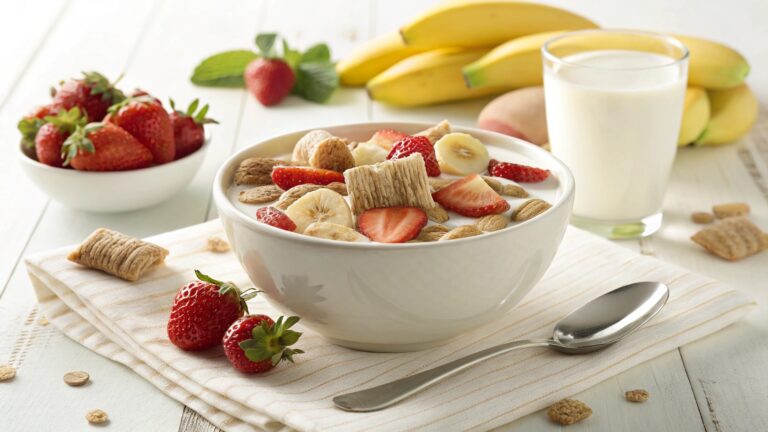Gut Health: Simple Guide to Better Digestion & Wellness
Gut health means how well your stomach and intestines work together. A healthy gut helps you digest food, absorb nutrients, and keep your body strong. Many people don’t realize that their gut affects more than just digestion it also affects energy, mood, and immunity.
Why Gut Health is Important
A good gut helps your body fight sickness, keep your weight balanced, and even improve your brain function. If your gut is not healthy, you may feel tired, weak, or upset often. This shows that your gut is connected to your overall health.
How the Gut Works in the Body
The gut includes the stomach, small intestine, and large intestine. When you eat, food breaks down and moves through these parts. Along the way, your body takes vitamins, minerals, and energy from food. Good bacteria in the gut also help this process and protect you from harmful germs.
Signs of Poor Gut Health
Some common signs of poor gut health include bloating, gas, constipation, diarrhea, food cravings, and stomach pain. Other signs may be constant tiredness, poor sleep, or even skin problems. If you feel these often, your gut may not be in balance.
Causes of Gut Health Problems
Unhealthy food, stress, lack of sleep, too many antibiotics, and not enough exercise can harm the gut. Eating too much sugar, junk food, or processed meals can also upset the balance of good and bad bacteria in your stomach.
Foods That Improve Gut Health
Fresh fruits, vegetables, whole grains, nuts, seeds, yogurt, kefir, and fermented foods like kimchi or sauerkraut are good for the gut. These foods give fiber and healthy bacteria that keep your digestion smooth.
Foods That Harm Gut Health
Processed snacks, fried foods, sugary drinks, alcohol, and too much red meat can hurt your gut. They reduce good bacteria and make digestion slow and difficult.
Role of Probiotics and Prebiotics
Probiotics are good bacteria found in foods like yogurt and kefir. They help your gut stay balanced. Prebiotics are fibers in foods like bananas, garlic, and onions that feed good bacteria. Together, probiotics and prebiotics make your gut stronger.
Gut Health and Mental Health Connection
The gut and brain are connected. A poor gut can make you feel anxious, sad, or stressed. Scientists call this the gut-brain connection. A healthy gut can improve your mood and mental clarity.
Gut Health and Immune System
Most of your body’s immunity starts in the gut. When your gut is balanced, it helps fight infections and keeps you safe from illness. But if your gut is weak, your body may get sick more often.
Best Habits for a Healthy Gut
Drink plenty of water, eat slowly, chew food well, and include fiber in your meals. Limit junk food and sugar. Staying active and getting fresh air also help digestion.
Lifestyle Changes for Long-Term Gut Health
Make small changes like cooking fresh meals, reducing stress with yoga or meditation, and getting enough sleep every night. These habits build a strong gut over time.
Gut Health Myths vs. Facts
Many people think only probiotics matter, but lifestyle and diet also play a big role. Another myth is that gut problems are always serious. In truth, most can improve with better food and habits.
When to See a Doctor for Gut Issues
If you have constant stomach pain, blood in stool, extreme weight loss, or digestion problems that don’t go away, it is important to see a doctor. They can test and guide you properly.
Conclusion
Gut health is the key to overall wellness. By eating the right foods, managing stress, and living a healthy lifestyle, you can keep your gut in balance. A strong gut means better digestion, immunity, and mental health.
FAQs – Gut Health
What is gut health?
It means the balance and function of your digestive system.
How can I improve my gut naturally?
Eat more fiber, drink water, sleep well, and exercise.
Are probiotics good for gut health?
Yes, they add healthy bacteria to your gut.
Can stress affect gut health?
Yes, stress can upset digestion and cause problems.
What foods should I avoid for gut health
Avoid junk food, too much sugar, and fried items.





